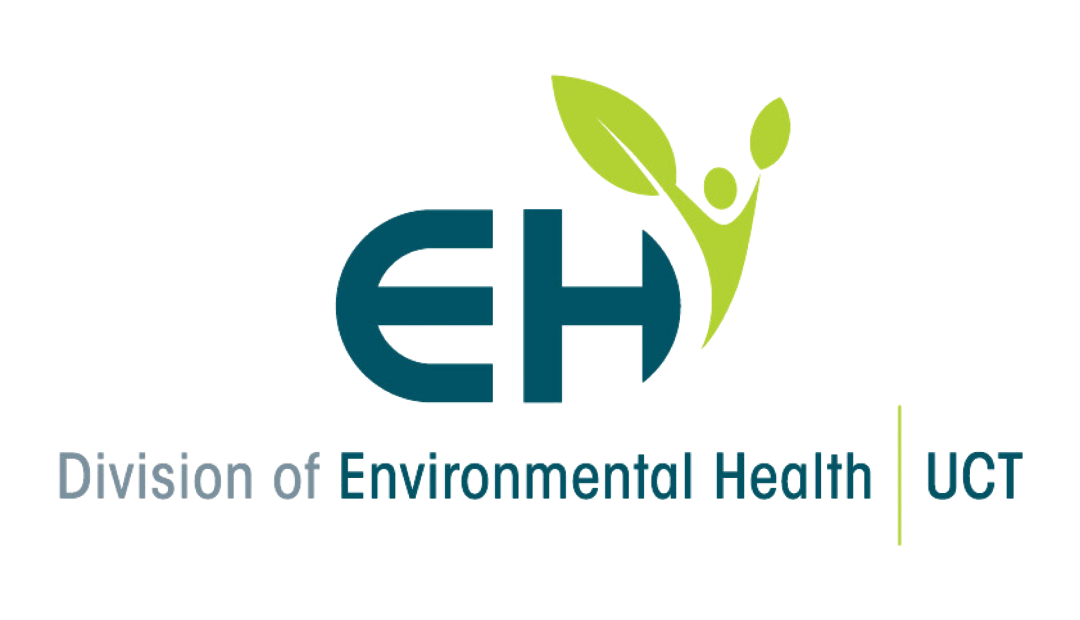The United Nations defines capacity building as “the process of developing and strengthening the skills, instincts, abilities, processes and resources that organizations and communities need to survive, adapt, and thrive in a fast-changing world.” Low- and middle-income countries (LMICs) are often under-resourced and therefore, capacity building is particularly important in these contexts. The DEH is involved in projects which aim to improve the health, well-being and livelihoods, particularly for vulnerable populations, through building the capacity of health professionals, regulators, policymakers and the public in areas of environmental health (e.g. climate change, children’s health, industrial chemicals and pesticides).
This is done through translating research findings into outreach materials, training and curriculum documents, policy inputs, and communities of practice.
Discover the DEH's outreach material, including posters, flip charts, policy briefs, and more.
Communities of Practice (CoPs) bring together people representing different regions and sectors (e.g. government, academia, NGOs, and industry) to facilitate knowledge transfer and build a culture of collaboration and problem-solving on shared issues.
The DEH hosts two CoPs - the Pesticide Network and the Chemical Network - to provide a platform for networking, sharing resources, data and knowledge, and discussing critical and emerging topics, especially for LMICs. This site was established to showcase these CoPs and provide access to all the resources generated from these two networks (e.g. recordings, digests, newsletters).
To find out more about our networks, please visit the Pesticide Network page and the Chemical Network page.
To learn more about our division and other research activities, please visit our website here.
